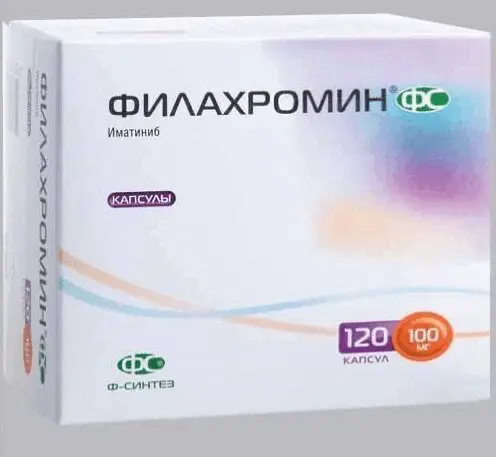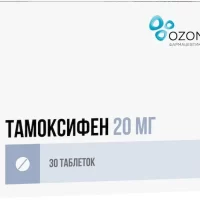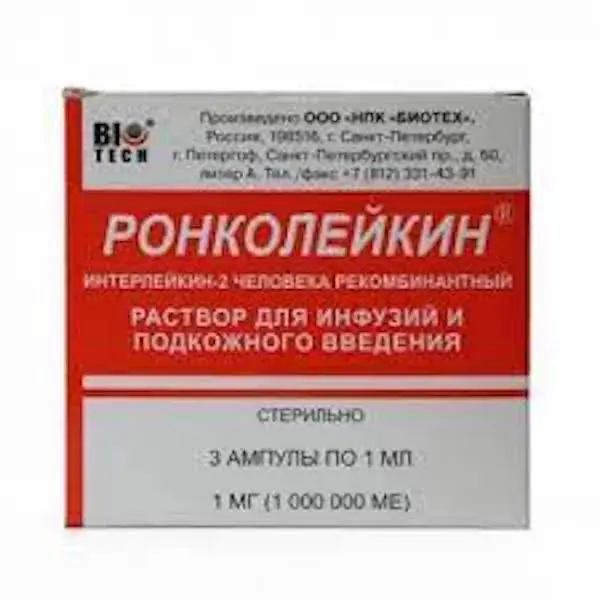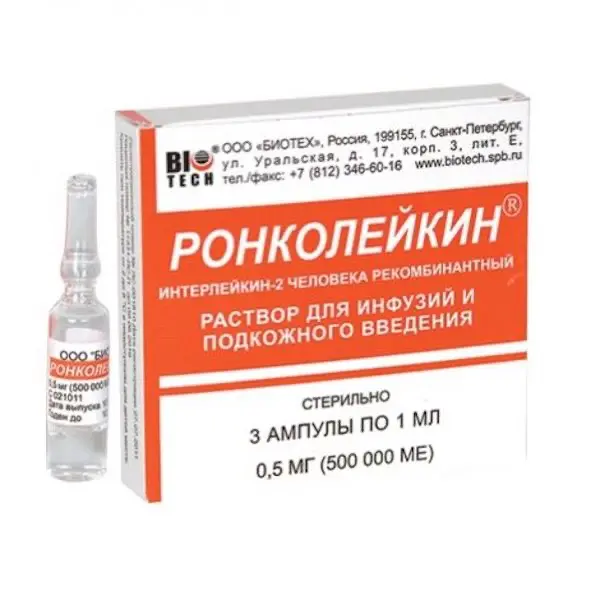Description
Imatinib (Philachromin) Pharmacodynamics
Imatinib selectively inhibits the enzyme Bcr-Abl-tyrosine kinase formed by the fusion of the Bcr gene region (breakpoint cluster region) and Abl (Abelson) protooncogene at the cellular level. Imatinib selectively inhibits proliferation and causes apoptosis of cell lines expressing Bcr-Abl tyrosine kinase, including immature leukemia cells produced by patients with Philadelphia chromosome positive chronic myeloleukemia and acute lymphoblastic leukemia.
Imatinib selectively inhibits Bcr-Abl-positive colonies derived from blood cells of patients with chronic myeloleukemia.
Activation of platelet-derived growth factor receptors or the Abl-fragment of tyrosine kinase may be responsible for the development of both myelodysplastic/myeloproliferative diseases as well as hypereosinophilic syndrome and chronic eosinophilic leukemia and bulging dermatofibrosarcoma.
Activation of the c-Kit receptor tyrosine kinase and receptors to platelet-derived growth factors may underlie the pathogenesis of systemic mastocytosis.
Imatinib inhibits cell signaling and cell proliferation resulting from the dysregulation of platelet and stem cell growth factor activity, the c-Kit receptor and the Abl-fragment of tyrosine kinase.
Imatinib inhibits proliferation and induces apoptosis of gastrointestinal stromal tumor cells expressing tyrosine kinase with a c-Kit-receptor mutation.
Indications
– First-time Philadelphia chromosome (Ph+)-positive chronic myeloid leukemia (CML) in children and adults.
– Philadelphia chromosome (Ph+)-positive chronic myeloid leukemia in the chronic phase with failure of prior interferon alfa therapy or in the acceleration phase or blast crisis in children and adults.
– Newly diagnosed Philadelphia chromosome positive (Ph+) acute lymphoblastic leukemia (ALL) in pediatric and adult patients in combination with chemotherapy.
– Relapsed or refractory acute lymphoblastic leukemia positive Philadelphia chromosome (Ph+) in adult patients as monotherapy.
– Myelodysplastic/myeloproliferative diseases (MDS/MPD) associated with platelet growth factor receptor gene rearrangements in adult patients.
– Systemic mastocytosis in adult patients with no D816V c-Kit mutation or unknown c-Kit mutation status.
– Hypereosinophilic syndrome and/or chronic eosinophilic leukemia (HES/CHL) in adult patients with FIP1L1-PDGRF alpha-tyrosine kinase positive or negative abnormal.
– Adjuvant therapy for c-Kit (CD 117) positive gastrointestinal stromal tumors (GIST) in adult patients.
– Inoperable and/or metastatic malignant gastrointestinal stromal tumors positive for c-Kit (CD 117) in adult patients.
– Inoperable, recurrent and/or metastatic bulging dermatofibrosarcoma in adult patients.
Contraindications
– Hypersensitivity to imatinib or any other component of Imatinib (Philachromin).
– Childhood (efficacy and safety not established):
Up to 1-yr of age in patients with Ph+ acute lymphoblastic leukemia;
Up to 2 years of age in patients with Pb+ chronic myeloid leukemia;
Up to 18 years for other indications.
– Pregnancy and breastfeeding period.
Dosage and administration
- Philachromin should be taken orally with meals, followed with a full glass of water to reduce the risk of gastrointestinal disorders.
- Doses of 400 and 600 mg per day should be taken as a single dose, the daily dose of 800 mg should be divided into 2 doses – 400 mg in the morning and in the evening.
- For patients (including children) who cannot swallow the capsule as a whole, the capsule contents are diluted with water or apple juice. The resulting suspension should be taken orally immediately after preparation.
- Treatment with the drug shall be carried out as long as the clinical effect persists.
- The response to therapy in patients with Ph+ chronic myeloid leukemia should be monitored routinely, both during drug administration and if therapy is changed, to detect suboptimal response to treatment, loss of response, lack of patient compliance or possible drug interaction. Therapy adjustments should be made based on the results of monitoring.
- In chronic myeloid leukemia, the recommended dose of Imatinib (Philachromin) depends on the phase of the disease.
- In chronic phase of CML, the recommended dose for adults is 400 mg per day; in phase of acceleration and in blast crisis it is 600 mg per day. The drug should be taken once daily.
- In absence of marked adverse reactions and neutropenia or thrombocytopenia unrelated to leukemia, the dose can be increased from 400 mg to 600 mg or up to 800 mg per day in patients in chronic phase of the disease, and from 600 mg to 800 mg per day in patients in acceleration phase and in blast crisis. Such dose increases may be necessary in CML progression (at any stage), in the absence of satisfactory hematological response after 3 months of treatment, cytogenetic response after 12 months of therapy or in the loss of previously achieved hematological and/or cytogenetic response.
- Calculation of the dosing regimen in children over 2 years of age is based on body surface area (mg/m2).
- The recommended daily dose is 340 mg/m2. The total daily dose in children should not exceed 600 mg. The daily dose of the drug can be taken simultaneously or divided into 2 equal doses – in the morning and in the evening.
- Recommended dose for acute lymphoblastic leukemia with (Ph+) is 600 mg per day.
- Calculation of the dosage regimen in children over 1 year of age is based on the body surface area. The recommended daily dose is 340 mg/m2. Total daily dose in children should not exceed 600 mg. The daily dose of the drug is recommended to be taken at one time.
- In adult patients with relapsed or refractory Ph+ acute lymphoblastic leukemia, the recommended dose is 600 mg/day.
- In myelodysplastic/myeloproliferative diseases, the recommended dose of Philachromin is 400 mg per day.
- In inoperable and/or metastatic malignant GISO the recommended dose of Imatinib (Philachromin) is 400 mg per day. If there are no adverse drug reactions and the response is insufficient, the daily dose of Philachromin can be increased from 400 mg to 600 mg or up to 800 mg.
- Treatment with Philachromin is carried out until the first signs of disease progression appear.
- When using the drug as adjuvant therapy in patients with GISO, the recommended dose is 400 mg per day. The minimum duration of treatment is 3 years. The optimal duration of adjuvant therapy has not been established.
- For inoperable, recurrent and/or metastatic bulging dermatofibrosarcoma, the recommended dose of Philachromin is 800 mg per day.
- For hypereosinophilic syndrome and/or chronic eosinophilic leukemia in adult patients, the recommended dose of Philachromin is 400 mg per day. In patients with HES/HEL caused by abnormal FIP1L1-PDGFR-alpha-tyrosine kinase, the recommended starting dose is 100 mg per day. In case of insufficient efficacy and absence of marked adverse reactions, the daily dose may be increased to 400 mg. Treatment with the drug is carried out as long as the clinical effect is preserved.
- In systemic mastocytosis in absence of D816V c-Kit mutation, the recommended dose of Philachromin is 400 mg per day. In case of unknown mutational status and insufficient effectiveness of previous therapy, the recommended dose is 400 mg per day.
- In the presence of abnormal FIP1L1-PDGFR alpha-tyrosine kinase resulting from fusion of Fip like 1 and PDGFR genes, the recommended starting dose is 100 mg per day. Increasing the dose from 100 mg to 400 mg may be considered if efficacy is insufficient and there are no significant adverse reactions.





